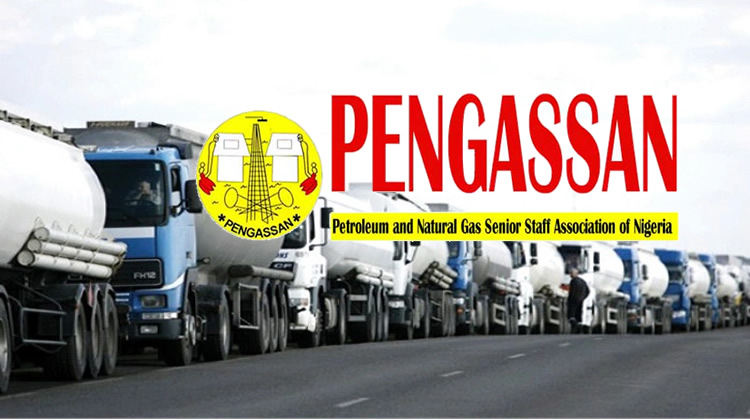- Your cart is empty
- Continue Shopping

PENGASSAN Calls for Salary benchmark for Oil/Gas workers.
The Petroleum and Natural Gas Senior Staff Association of Nigeria (PENGASSAN) has asked for a salary ceiling for Nigerian oil and gas personnel.
Festus Osifo, the union’s National President, made the appeal on Monday at the Second Edition of the PENGASSAN Energy and Labour Submit in Abuja.
The three-day symposium was titled “Petroleum Downstream Deregulation and Gas Utilisation in Nigeria for a Sustainable Energy Future.”
Osifo stated that the call was necessary owing to the Federal Government’s current policy direction.
He stated that government policy includes the elimination of PMS subsidies and the floating of the naira-dollar exchange rate.
“Part of the decisions of floatation has only benefited the government and the oil and gas companies in Nigeria.
“This has necessitated a call for salary benchmark for oil and gas workers, aligning with the instrument of trade of oil and gas commodity.’’
However, he said that Angolan law fixed employee salaries in dollars and paid them in the country’s equivalent of legal cash.
Usifo noted that the Angola template provided proof that it was possible to protect employees’ interests in the face of exchange rate changes.
He continued by saying that the difficulties experienced by our employees had been made worse by the naira’s floating on the official market.
“PENGASSAN will do all it can to push for this just and equitable distribution across its branches.’’
Speaking about the theme, Osifo said it was carefully picked because of the energy sector’s many prospects and problems.
“Over the next three days, we will engage in enlightening discussions, share insights, and formulate strategies to address critical issues such as divestment, PMS subsidy removal and the place/role of the ever ready Nigeria workers in the oil and gas industry and it commitment value chain
The NNPC Ltd.’s Group Managing Director, Mele Kyari, stated that despite difficulties, the country was already seeing some good effects of the subsidy reduction.
According to Kyari, as more resources became available to complete projects, the majority of construction companies began returning to their original locations.
Based on ongoing policy changes made by the current administration, he predicts that Nigeria would start exporting refined petroleum products in large quantities by the year 2024.
“The meaning of this is that we will have sufficient volumes in-country,
“When we refine locally, we do have advantages.
“That is by creating wealth, creating taxes, and all forms of value chain, creating employment, and so on and so forth.’’
He continued by saying that Nigeria needed to adjust to the fact that all of its products was imported.
“No resource-dependent country does this and that is why we must deliver on our mandate,” he said.
Source: allnewsng.com
